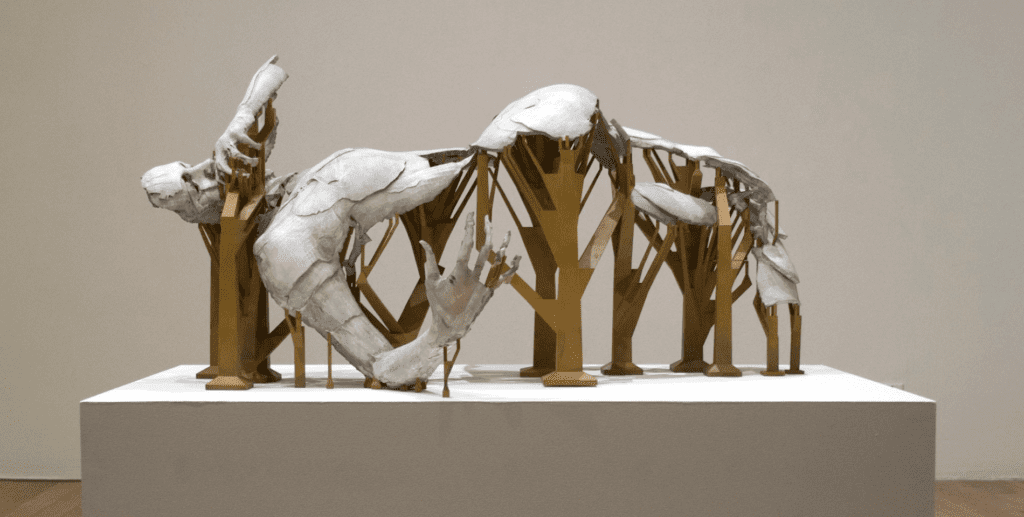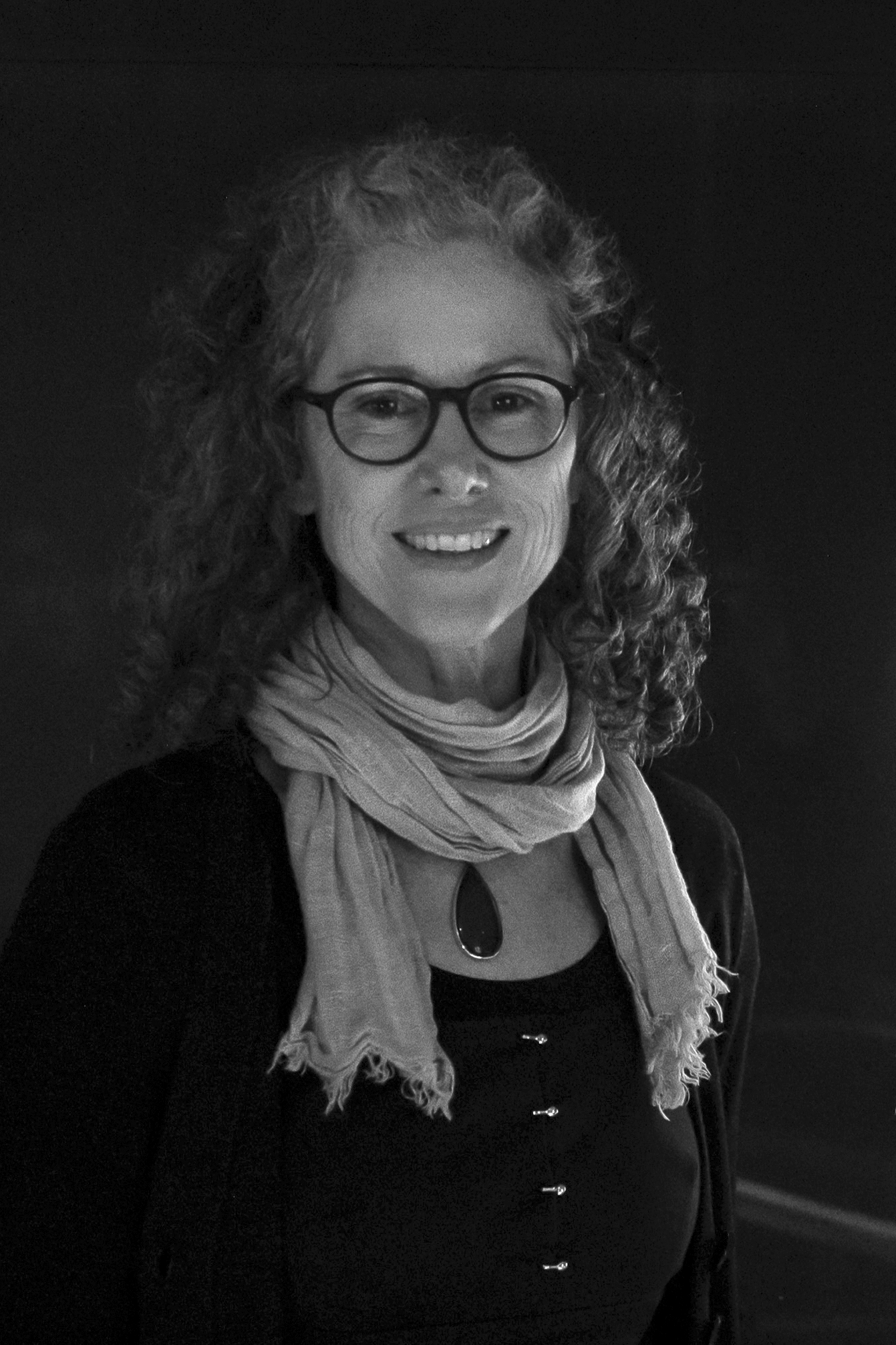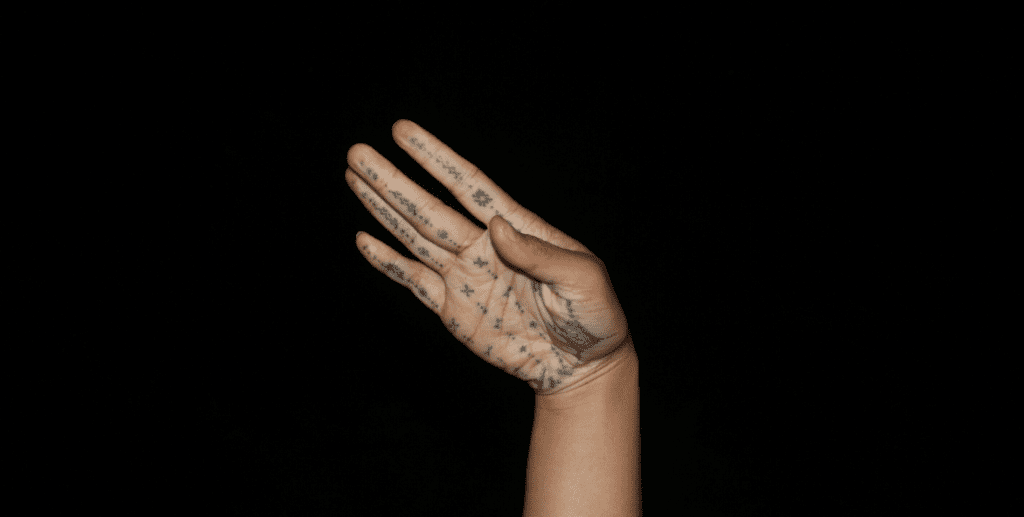
Experimenta Social (Distancing) #37:
Liminal Spaces
Professor Genevieve Bell describes our current lives as inhabiting a liminal space in the face of the Covid-19 pandemic. A place in-between, housing old patterns from the past while wondering what new patterns may emerge post-pandemic. In this month’s Experimenta Social we have invited two artists whose practice investigates and inhabits liminal states.
Helen Pynor’s work is informed by her academic research in biological sciences and art. Helen explores the porous borders between states that are typically viewed as opposing and distinct such as life and death, animate and inanimate. In her multi-disciplinary practice she often uses and adapts the tools of the medical sciences such as imaging technologies to realise her artworks. Sophie Kahn also draws on imaging technologies in her practice, in particular drawing aesthetic inspiration from the limitations of scanning technology to accurately portray the dynamics of the human body. She creates sculptures, moving and still images that draw attention to the liminal state between the promise of technological perfection and its everyday reality.
Join us for this month’s Experimenta Social to hear from two artists for whom states of ambiguity are central to their practice.
About the Speakers

Sophie Kahn

Sophie Kahn
Sophie Kahn’s sculptural and video work deals with technology’s inability to capture the human body. She was born in London and grew up in Melbourne, Australia. She received a BA (Hons) in Fine Art/History of Art from Goldsmiths College, London, and an MFA in Art
& Technology Studies from the School of the Art Institute of Chicago, where she was a Trustee Scholar. Sophie has exhibited her artwork in New York, Los Angeles, London, Paris, Sydney,Tokyo, Osaka, Seoul and Beijing. Recent exhibitions include Transfigured at C24 Gallery, and Out of Body: Sculpture Post-Photography at bitforms gallery, both in New York City.
Sophie has taught in the Department of Digital Arts at Pratt Institute as a Visiting Associate Professor, and at Columbia College, Chicago, as a visiting instructor. Her work has been featured in numerous festivals including Zero1 Biennale, Transmediale, and the Japan Media Arts festival. Her video work has been screened on large urban screens on four continents with the Streaming Museum. She has completed residencies at the NARS Foundation and at the Museum of Arts and Design, Pioneer Works, Brooklyn, and is currently an artist in residence with the Elizabeth Foundation for the Arts Studio Program in New York.
Sophie’s work has been supported by the Australia Council for the Arts, EMPAC (the Experimental Media and Performing Arts Center at Rensselaer Polytechnic, New York) and by other private and public funding bodies. She is a 2011 New York Foundation for the Arts Digital and Electronic Arts Fellow.
www.sophiekahn.net/

Helen Pynor
Dr Helen Pynor is an Artist and Researcher whose practice explores philosophically and experientially ambiguous zones, such as the life-death boundary.

Helen PynorDarramurragal and Gadigal Country
NSW, AUSTRALIA
Dr Helen Pynor is a Sydney and London-based Artist and Researcher whose practice explores philosophically and experientially ambiguous zones, such as the life-death boundary. Her work is informed by in-depth residencies in scientific institutions, most recently The Francis Crick Institute, London and The Max Planck Institute of Molecular Cell Biology and Genetics, Dresden. Since 2011 Pynor’s work has been exhibited widely nationally and internationally including at The National Taiwan Museum of Fine Arts; FACT – Foundation for Art and Creative Technology, Liverpool UK; and ISEA – International Symposium on Electronic Art. Pynor has received an Honorary Mention at Prix Ars Electronica for her collaborative work ‘The Body is a Big Place’ exploring organ transplantation (2012) and national awards in Australia.
Pynor holds a PhD, a Bachelor of Visual Arts, (both from Sydney College of the Arts, The University of Sydney) and a Bachelor of Science (1st Class Hons) (Macquarie University).



